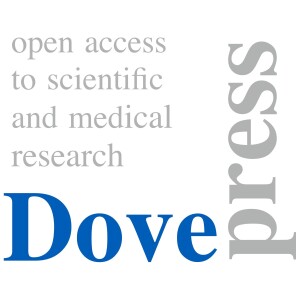Thursday Jul 03, 2025
Advancing AML Treatment: Evidence-Based Regimens and Guideline Updates for Targeted Treatments in R/R AML

Acute myeloid leukemia (AML) is a heterogeneous malignancy characterized by diverse genetic mutations, including IDH1 and IDH2, which are present in approximately 15-20% of cases. Recent clinical practice guidelines, including the 2025 NCCN guidelines, emphasize the importance of comprehensive mutational profiling at diagnosis and at relapse to guide targeted treatment strategies for patients with refractory or relapsed (R/R) AML. IDH1-mutations, which occur in 5-7% of AML cases, result in the production of the oncometabolite 2-hydroxyglutarate (2-HG), disrupting cellular differentiation. IDH1-inhibitors, such as ivosidenib and olutasidenib, block this aberrant metabolic pathway, allowing for differentiation and apoptosis of leukemia cells. Given the rarity of these mutations, comprehensive molecular testing remains essential to optimize therapeutic decision-making.